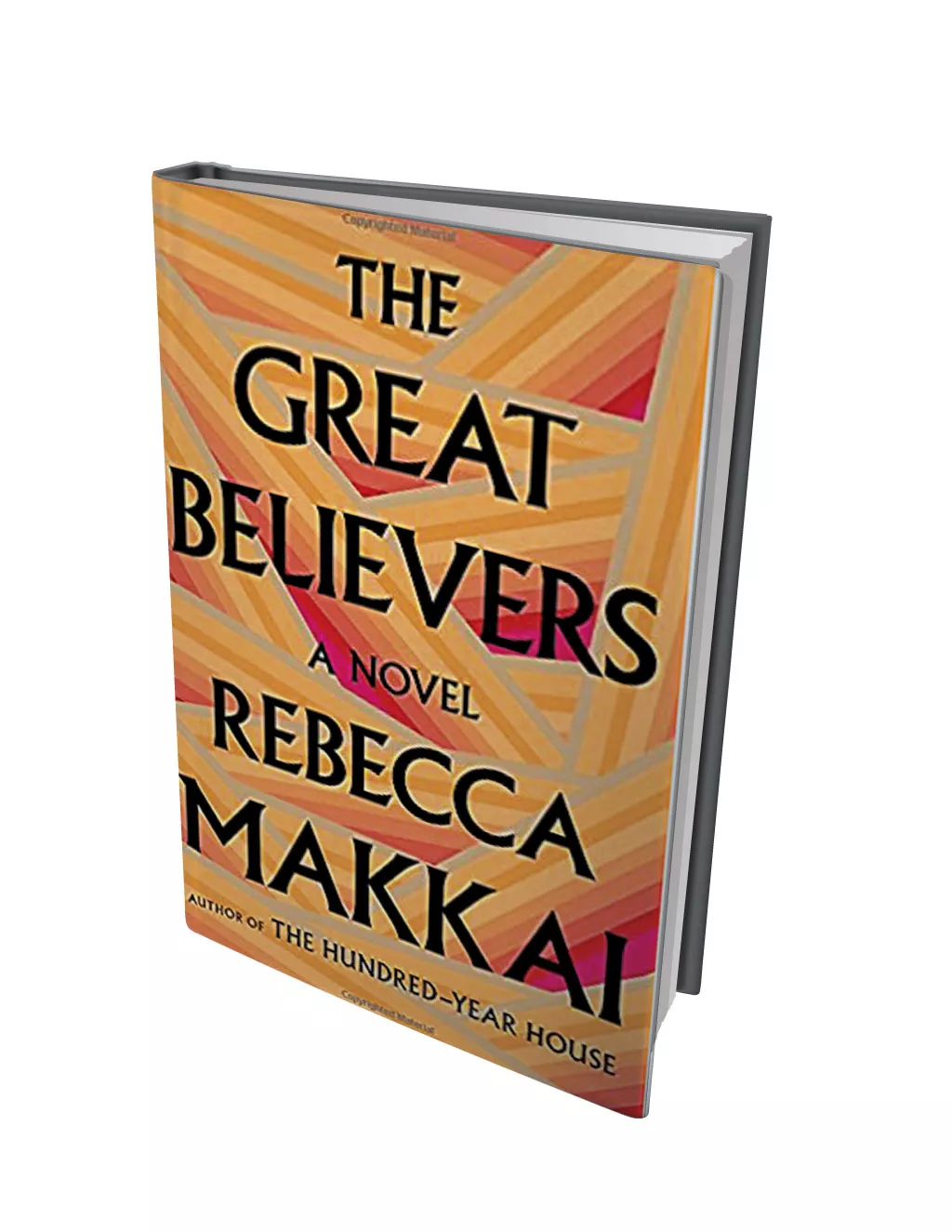

There is a lot of symbolism in her work, with the AIDS epidemic being linked to the horror of war, the bereavement of those left behind to mourn, shell shocked and bereft with no way to conceptualise the grief of losing peers on mass. Makkai manages to weave together distinct voices, timelines and stories with such dexterity that it is never difficult to follow the progression of the characters' lives. Thirty years later Fiona, a devoted friend to Yale, is searching for her estranged daughter on the streets of Paris, trying to rebuild a relationship beset by memories and old hurt. Beginning in 1985, the reader follows Yale and his friends as they come to terms with the increasingly virulent illness spreading throughout their community, alongside their demonisation at the hands of a conservative America. The Great Believers follows a group of friends whose lives are devastated by the AIDS crisis in Chicago during the late 1980’s. This is an important book, thought-provoking and beautifully executed. Makkai has illuminated the horrors of the AIDS crisis and its aftermath with grace and loving humour.

Summary: The Great Believers is a poignant, bittersweet novel, filled with complex characters and the messy intricacies of relationships.


 0 kommentar(er)
0 kommentar(er)
